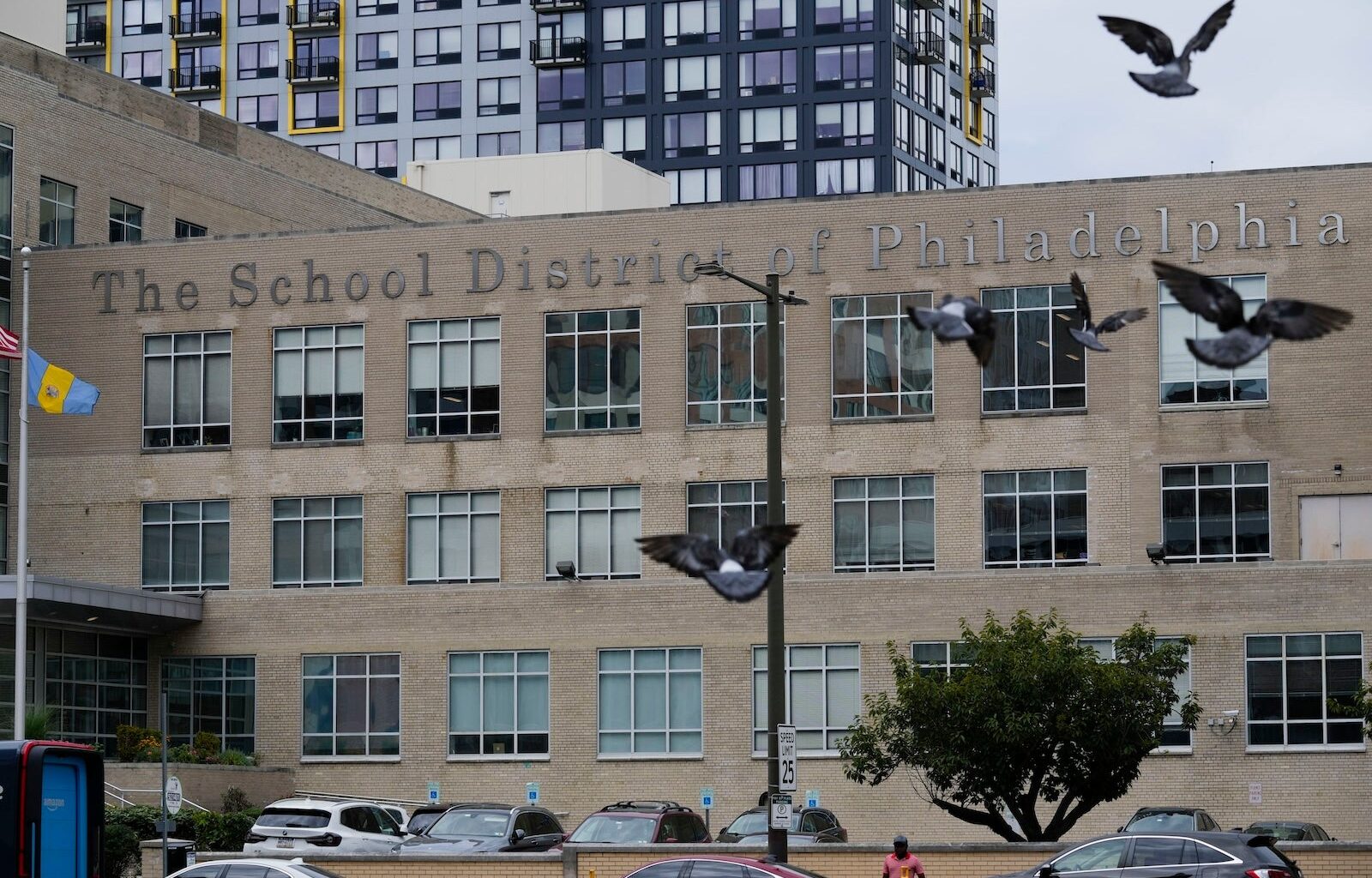Falling short
Founded in 2018, KIPP North Philadelphia is a K–7 school that is part of the national KIPP charter network. It was rated 23% in academics — a percentage based on the CSO’s 100-point evaluation system, which takes into account proficiency, growth and attendance.
The school’s overall math proficiency decreased for two consecutive years, even as the average scores of its district counterparts increased. Its ELA scores remained stagnant over the past year after dropping four points the year prior.
Coming off a one-year renewal, the school’s only options by state law are a five-year renewal or none at all. CSO Chief Peng Chao recommended a five-year renewal with conditions.
The school’s recently appointed principal, Susanna Tagoe, argued that the school was showing significant signs of growth.
“Today, I ask you to see not what was before, but what we’re building now. When I stepped into leadership at KIPP North this year, the school was in a state of urgent need,” Tagoe said. “As a turnaround principal, I knew the path wouldn’t be easy. Research shows that it takes typically three to five years for a school to turn around.”
Tagoe said that the school’s kindergarten students saw a 40% jump in proficiency within one school year, with 60% of the grade categorized as “on-track” in reading.
But board members were unconvinced.
“When I see the proficiency going in the wrong direction, it makes it hard,” board member Joyce Wilkerson said.
Board member Joan Stern agreed.
“We’ve had nothing but testimonials all evening about national KIPP and all of the devotion to standards,” Stern said. “But these are things that are totally within the control of the KIPP entities, and they’re not done.”
KIPP’s high suspension rates were another point of concern. A full quarter of the student population received a suspension according to the most recent available data. That number is higher among students with disabilities, tallying 32% in comparison to the district’s 10%. Among second graders, 28% of students had received a suspension in contrast to an average of nearly 0% at district schools.
“These are our children and these are our babies,” Board Vice President Sarah-Ashley Andrews said. “As a licensed therapist, I know that behavior is communication. When this many students are being removed from their classrooms, something deeper is happening.”
People for People, one of the city’s oldest charters, was founded in 2001. The school eliminated its high school grades in a previous renewal cycle and proposed this year to stop enrolling students in grades 6–8. At a previous meeting, People for People’s CEO Pri Seebadri said the school had faced space constraints and challenges in adjusting to an influx of students needing special education.
The school was scored at 29% for academics. ELA and math proficiency remained virtually flat for the past two years, at lower scores than those of the district average.
Like their KIPP counterparts, staff from People for People argued that specific data indicated strong growth, including a 27-point increase in science proficiency in two years. They also emphasized future plans to boost attendance, and argued that the school had a family-like atmosphere and provided a level of support that wasn’t reflected in test scores.
“It is a second home for our students and our families,” Principal Anthony Fratanduono said. “PFP is a community school in every sense.”
Despite the fact that a one-year renewal was an option, the board opted to move toward nonrenewal.
“When I look at the school’s mission, it speaks to preparing children for college. I don’t know how you can be successful with the mission that was agreed upon … and have proficiency rates that look this way,” Streater said.
“After more than two decades in operation, there is still no evidence of sustained academic success,” he added. “This is our moment to say that the academic domain has teeth.”
